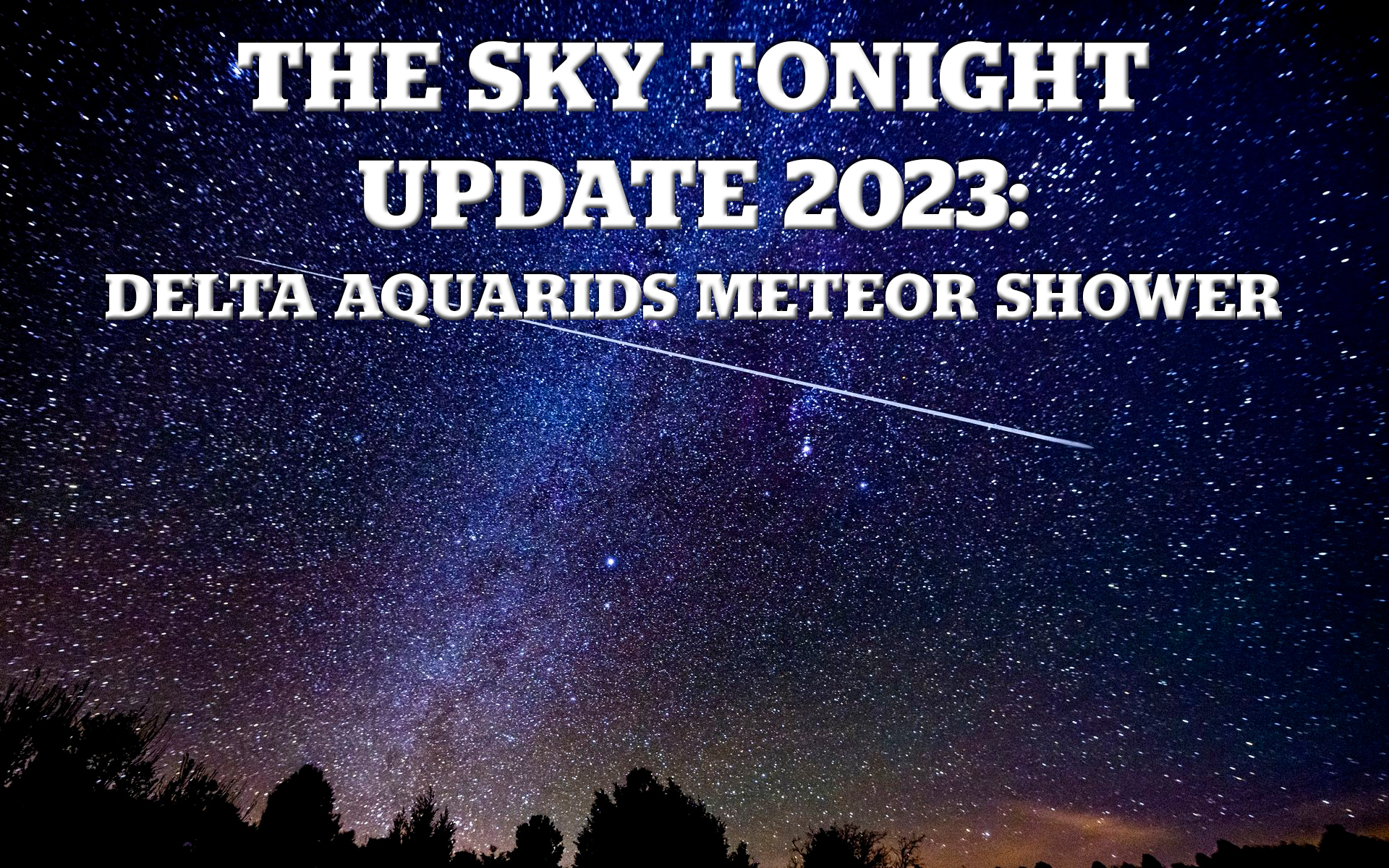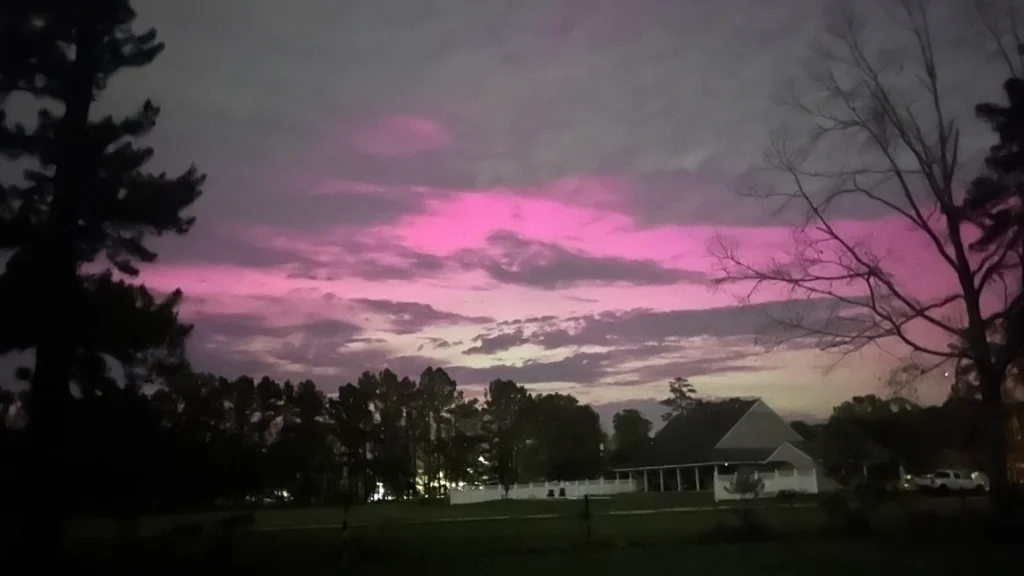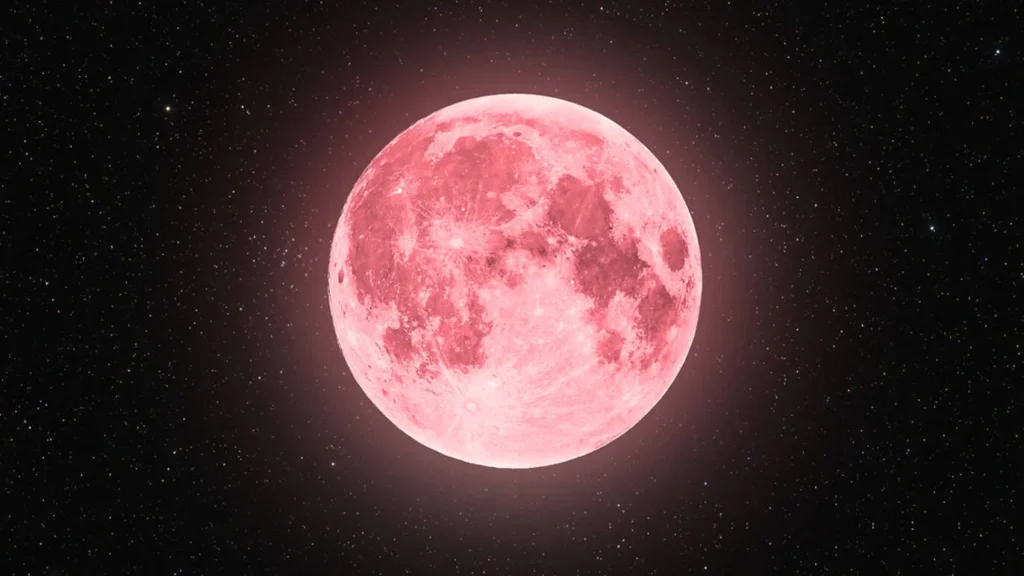The Delta Aquarids is an average shower that can produce up to 20 meteors per hour at its peak.
The Delta Aquariid meteor shower’s parent comet comes from the 96P/Machholz Complex.
The 96P/Machholz Complex is a collection of eight meteor showers, including the Delta Aquariids, plus two comet groups (Marsden and Kracht), and at least one asteroid (2003 EH1). These meteors showers, and these comets, appear to share a common origin (although they’ve now diverged slightly in their orbits around the sun).
They are all related to the comet known as 96P/Machholz, which I discovered on May 12, 1986, from Loma Prieta Mountain in California.
At discovery, the comet was magnitude 10 and two degrees south of the Andromeda galaxy. I was using my 6-inch homemade binoculars for this find. Read the story of the discovery.
As a matter of fact, scientists had suspected the existence of the 96P/Machholz Complex in 2003. Finally, they fully described it in 2005, after conducting more studies.
Comet 96P/Machholz orbits the sun every 5.3 years and gets eight times closer to the sun than we are. That is, its perihelion distance is 0.12 astronomical units (AU). One AU is the distance between the Earth and the sun. So, this comet comes well inside the orbit of Mercury. Over the course of 4,000 years, the comet’s orbit changes in shape and tilt, so that it leaves particles throughout the inner solar system. It gets around!
A recent study suggests that the material causing the Delta Aquariid meteor shower left the comet’s nucleus about 20,000 years ago. It’s old dust streaking across our skies.
The shower runs annually from July 12 to August 23. It peaks this year on the night of July 28 and morning of July 29. The nearly full moon will block most of the fainter meteors this year. But if you are patient, you may still be able to catch a few good ones. Best viewing will be from a dark location after midnight. Meteors will radiate from the constellation Aquarius but can appear anywhere in the sky.























